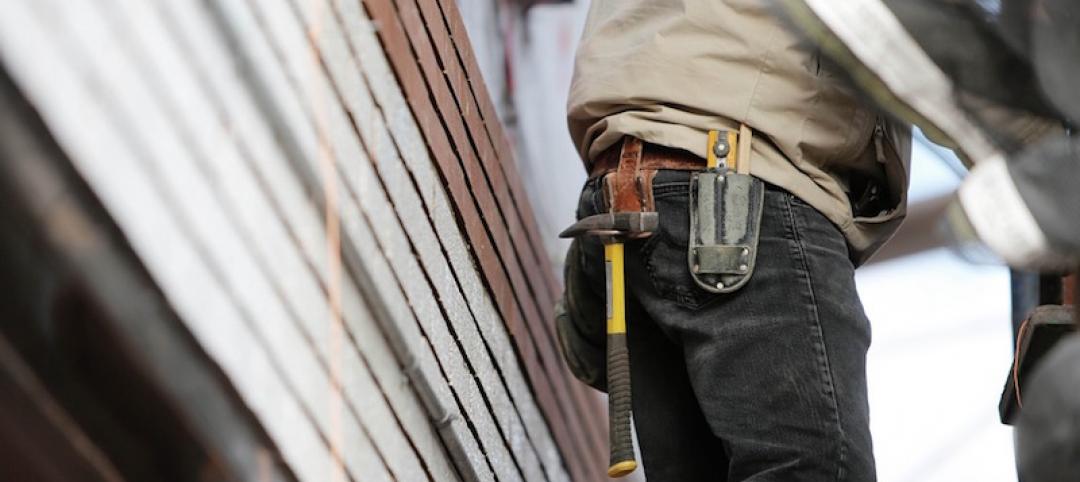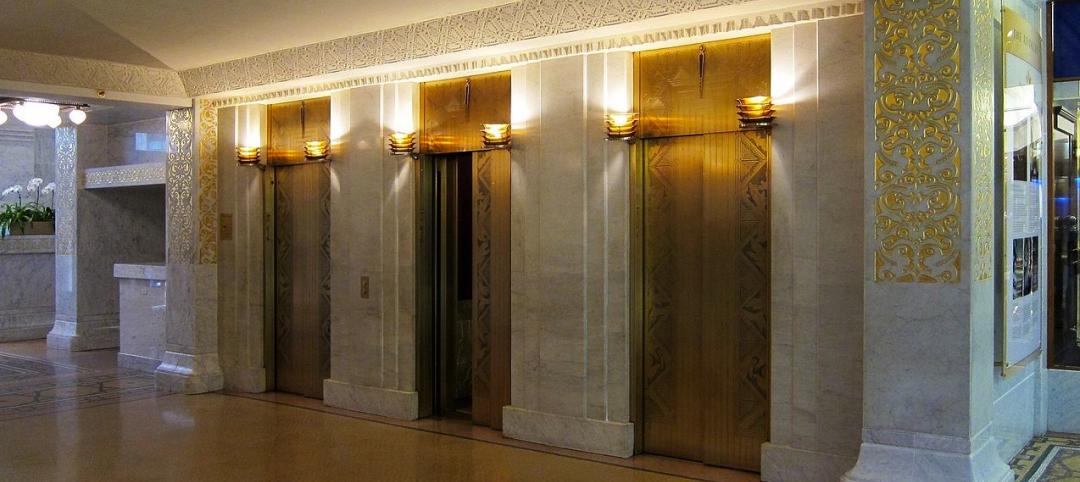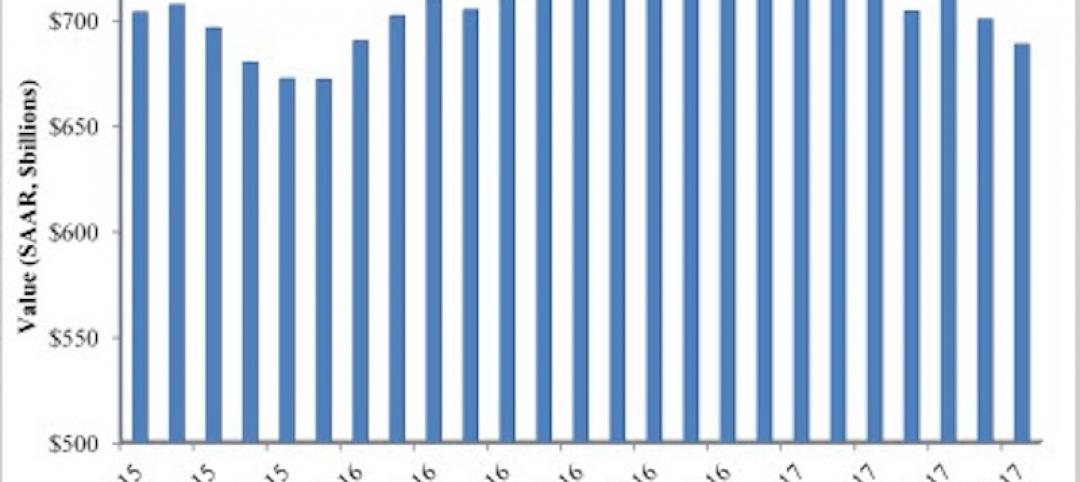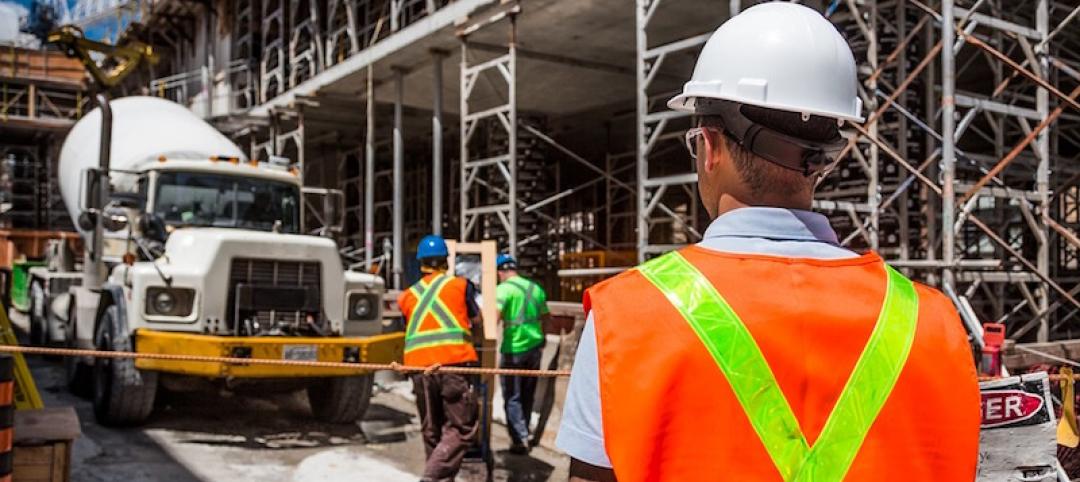A study released today by the Beacon Hill Institute found that Ohio schools built under government-mandated project labor agreements (PLAs) cost 13.12 percent more than schools that were bid and constructed through fair and open competition, free from PLA requirements. The study looked at 88 schools built in Ohio since 2000 and found that those built under a PLA mandate cost $23.12 more per square foot than projects built without PLA mandates.
“The study released today by the Beacon Hill Institute corroborates past academic research that shows that anti-competitive government-mandated PLAs prevent taxpayers from getting the best return on their investment,” said ABC Vice President of Regulatory, Labor and State Affairs Ben Brubeck. “All taxpayers deserve efficient, accountable and effective construction spending and investment in schools and infrastructure free from special-interest handouts that discourage competition from qualified, local workers and contractors.”
“Associated Builders and Contractors encourages Ohio lawmakers to join the 23 pro-taxpayer states that have passed measures that ensure government neutrality toward PLAs,” said Brubeck. “Additionally, ABC encourages President Trump to rescind President Obama’s Executive Order 13502, which promotes costly PLA mandates on federal and federally assisted construction projects, and replace it with a common-sense policy that would guarantee fair and open competition from America’s best construction companies and create opportunities for America’s entire skilled construction workforce as Washington considers a federal infrastructure plan.”
The full study, Project Labor Agreements and the Cost of School Construction in Ohio, is available on the Beacon Hill Institute's website.
Related Stories
Contractors | Sep 19, 2017
Commercial Construction Index finds high optimism in U.S. commercial construction industry
Hurricane recovery efforts expected to heighten concerns about labor scarcities in the south, where two-thirds of contractors already face worker shortages.
Multifamily Housing | Sep 15, 2017
Hurricane Harvey damaged fewer apartments in greater Houston than estimated
As of Sept. 14, 166 properties reported damage to 8,956 units, about 1.4% of the total supply of apartments, according to ApartmentData.com.
High-rise Construction | Sep 8, 2017
CTBUH determines fastest elevators and longest runs in the world in new TBIN Study
When it comes to the tallest skyscrapers in the world, the vertical commute in the building becomes just as important as the horizontal commute through the city.
Multifamily Housing | Sep 5, 2017
Free WiFi, meeting rooms most popular business services amenities in multifamily developments
Complimentary, building-wide WiFi is more or less a given for marketing purposes in the multifamily arena.
Market Data | Sep 5, 2017
Nonresidential construction declines again, public and private sector down in July
Weakness in spending was widespread.
Market Data | Aug 29, 2017
Hidden opportunities emerge from construction industry challenges
JLL’s latest construction report shows stability ahead with tech and innovation leading the way.
Architects | Aug 21, 2017
AIA: Architectural salaries exceed gains in the broader economy
AIA’s latest compensation report finds average compensation for staff positions up 2.8% from early 2015.
Market Data | Aug 17, 2017
Marcum Commercial Construction Index reports second quarter spending increase in commercial and office construction
Spending in all 12 of the remaining nonresidential construction subsectors retreated on both an annualized and monthly basis.
Industry Research | Aug 11, 2017
NCARB releases latest data on architectural education, licensure, and diversity
On average, becoming an architect takes 12.5 years—from the time a student enrolls in school to the moment they receive a license.
Market Data | Aug 4, 2017
U.S. grand total construction starts growth projection revised slightly downward
ConstructConnect’s quarterly report shows courthouses and sports stadiums to end 2017 with a flourish.
















